Understanding the Home Inspection Process
Are you considering buying a new home? It's an exciting time, but it's essential to make an informed decision. One crucial step in the home-buying process is the home inspection. In this article, we will dive deep into understanding the home inspection process and why it is crucial to protect your investment.
The Importance of Home Inspections
When it comes to buying a new home, you want to be confident in your purchase. A home inspection is a vital tool that helps ensure you are making a wise investment. By thoroughly examining the property, a professional home inspector can identify any potential issues or hidden defects that may not be evident during a casual walk-through. This process gives you the peace of mind that you are aware of the property's condition before committing to the purchase.
Protecting Your Investment
Your home is likely one of the most significant financial investments you will make. A comprehensive home inspection can protect your investment by uncovering any major issues or potential problems. By identifying these issues early on, you can negotiate with the seller for repairs or a reduced price. Additionally, knowing about any problems allows you to plan and budget for necessary repairs or renovations in the future.
Imagine this scenario: you find your dream home, a charming Victorian-style house with a beautiful wrap-around porch and a spacious backyard. The price seems reasonable, and everything looks perfect at first glance. However, without a thorough home inspection, you might miss the fact that the foundation has significant cracks, indicating potential structural issues. A professional home inspector would notice this problem and bring it to your attention, allowing you to make an informed decision about whether to proceed with the purchase or negotiate for repairs.
Furthermore, a home inspection can reveal hidden issues that may not be immediately apparent. For example, during the inspection, the inspector might discover evidence of water damage in the basement, indicating a potential leak or drainage problem. Without this knowledge, you might unknowingly purchase a home with a hidden issue that could lead to costly repairs down the line. By having a comprehensive inspection, you can make an informed decision and protect your investment.
Uncovering Hidden Issues
Some problems with a house may not be obvious to the untrained eye. A professional home inspector has the knowledge and experience to uncover hidden issues that may go unnoticed during a standard walkthrough. From structural problems to hidden water damage, an inspection can reveal these issues, ensuring you have a complete understanding of the property's condition.
Consider this scenario: you are interested in purchasing a newly renovated home that looks impeccable. The paint is fresh, the floors are gleaming, and the kitchen appliances are brand new. However, a home inspector might discover that the renovations were done hastily, and the electrical wiring behind the walls is not up to code. This hidden issue could pose a safety hazard and potentially lead to electrical problems in the future. Without a thorough inspection, you might have been unaware of this hidden issue and unknowingly put yourself and your family at risk.
In addition to uncovering hidden issues, a home inspection can also provide valuable insights into the overall condition of the property. The inspector will assess the age and condition of major systems such as the HVAC, plumbing, and electrical systems. This information can help you anticipate any future maintenance or replacement costs, allowing you to plan and budget accordingly.
Overall, a home inspection is an essential step in the home buying process. It not only protects your investment but also provides you with valuable information about the property's condition. By hiring a professional home inspector, you can ensure that you have a comprehensive understanding of any potential issues or hidden defects, giving you the confidence to make an informed decision about your purchase.
The Home Inspection Checklist
During a home inspection, the inspector evaluates various aspects of the property. Let's take a closer look at the main components commonly included in a thorough inspection:
Structural Elements
The home inspector will examine the foundation, walls, and overall structural integrity of the property. They will look for signs of settlement, cracks, or other issues that could compromise the home's stability.
When inspecting the foundation, the inspector will carefully examine both the exterior and interior walls for any visible cracks or shifts. They will also check for any signs of water damage or moisture intrusion, as these can weaken the foundation over time.
Inside the property, the inspector will pay close attention to the load-bearing walls and beams. They will check for any sagging or bowing, which could indicate structural issues. Additionally, they will inspect the flooring for any signs of unevenness or sloping, as this can also be a sign of underlying structural problems.
Exterior Evaluation
Inspectors will assess the exterior elements, including the siding, windows, doors, and landscaping. This evaluation helps identify any potential concerns with the home's exterior and ensures the property is well-maintained.
When examining the siding, the inspector will look for any signs of damage, such as cracks, rot, or loose panels. They will also check for proper installation and adequate insulation to ensure energy efficiency.
The windows and doors will be inspected for proper operation, seals, and insulation. The inspector will check for any drafts or leaks that could impact the home's energy efficiency and comfort.
As part of the exterior evaluation, the inspector will also assess the landscaping around the property. They will look for any drainage issues, overgrown vegetation, or potential hazards that could affect the home's foundation or pose safety risks.
Roof and Attic
A crucial part of the inspection process involves examining the roof and attic for any signs of damage, leaks, or inadequate insulation. This inspection helps protect you from costly roof repairs or replacements down the line.
The inspector will carefully inspect the roof for missing or damaged shingles, as well as signs of wear and tear. They will also check the flashing around chimneys, vents, and skylights to ensure a watertight seal.
In the attic, the inspector will assess the insulation levels and ventilation. They will check for proper insulation coverage and look for any signs of moisture or mold growth, which could indicate roof leaks or ventilation issues.
Plumbing Systems
The inspector will evaluate the plumbing systems, including pipes, fixtures, and water heaters. This inspection ensures there are no significant leaks or potential plumbing issues that could disrupt your daily activities or lead to costly repairs.
During the inspection, the inspector will check for any visible leaks or signs of water damage around sinks, toilets, and showers. They will also assess the water pressure and drainage to ensure proper functionality.
The plumbing pipes will be inspected for any signs of corrosion, leaks, or inadequate insulation. The inspector will also check the water heater for proper installation, condition, and safety features.
Electrical Systems
Inspectors will assess the home's electrical systems, including the wiring, outlets, and electrical panel. By ensuring everything is up to code and functioning properly, they help safeguard you from potential fire hazards and electrical malfunctions.
The inspector will carefully examine the electrical panel to ensure it is properly sized and labeled. They will check for any signs of overheating, loose connections, or outdated components that could pose safety risks.
Throughout the property, the inspector will test the outlets and switches to ensure they are functioning correctly. They will also check for any exposed wiring or improper grounding, which can increase the risk of electrical shocks or fires.
Additionally, the inspector will assess the lighting fixtures, ceiling fans, and other electrical components to ensure they are installed properly and in good working condition.
The Role of a Home Inspector
Now that you understand the importance of a home inspection let's dive into the role of a home inspector and what you can expect from their services.
Qualifications and Credentials
A home inspector is a licensed professional with the expertise to examine a property thoroughly. It's essential to choose an inspector who holds the necessary qualifications and credentials. Look for certifications from reputable organizations, such as the International Association of Certified Home Inspectors (InterNACHI) or the American Society of Home Inspectors (ASHI).
Inspector's Responsibilities
During the home inspection process, the inspector is responsible for examining the property objectively and providing an accurate assessment of its condition. They should explain their findings clearly and answer any questions you may have about the property.
Interpreting Home Inspection Reports
Once the home inspection is complete, the inspector will provide you with a detailed report of their findings. Understanding this report is crucial in making informed decisions regarding repairs and improvements.
Understanding the Findings
The home inspection report will outline any issues, both major and minor, that were identified during the inspection. It is essential to carefully review and understand all of the findings to determine the significance of each item.
Prioritizing Repairs and Improvements
After reviewing the inspection report, you can prioritize repairs and improvements based on the severity and potential impact on the property. Some issues may require immediate attention, while others may be more cosmetic or less urgent.
Conclusion:
An understanding of the home inspection process is key to protecting your investment. By emphasizing the importance of home inspections, discussing the checklist components, and clarifying the role of a home inspector, you are equipped with the knowledge needed to make informed decisions about your new home. Additionally, understanding how to interpret the inspection report allows you to prioritize repairs and improvements confidently. Remember, a home inspection is an investment in your future peace of mind and financial security.
Do you need a home inspection in Northern Virginia, Washington, DC or Maryland? Schedule your inspection online today.



